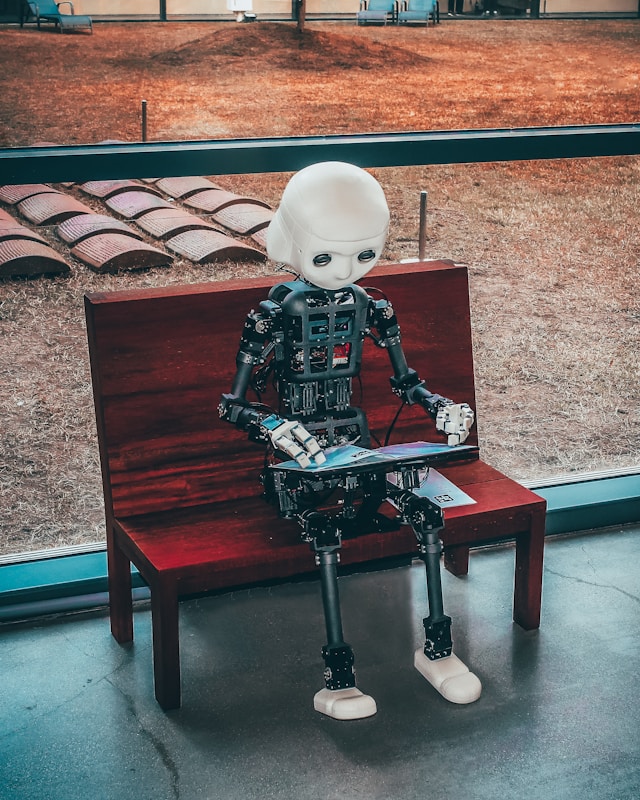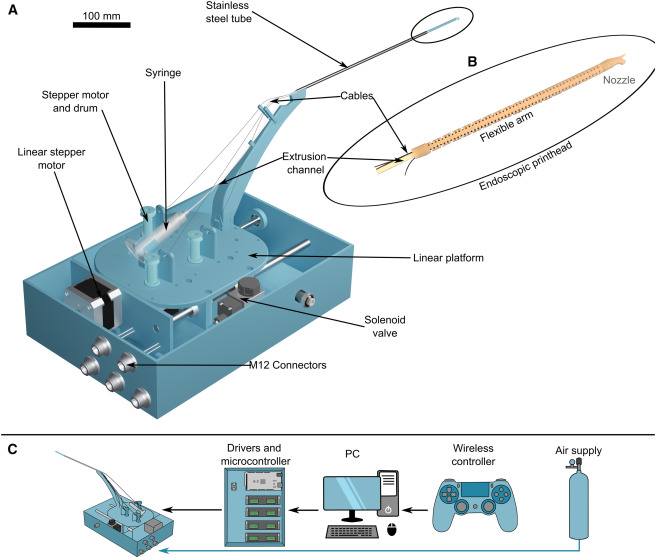
Date:2024-07-31 17:40:06
Beijing, July 31 (Xinhua) -- Generative artificial intelligence tools can generate text based on relevant prompts, which improves writing efficiency but also blurs the boundaries of academic misconduct. A recent article published in the British journal Nature stated that with the rapid popularity of generative artificial intelligence tools such as ChatGPT, the academic community is facing a new challenge regarding integrity.
On November 2, 2023, at Bletchley Park in the UK, a participant passed through the promotional display board of the first Artificial Intelligence Security Summit. According to a survey conducted by Nature magazine on 1600 researchers worldwide last year, 68% of respondents believe that generative artificial intelligence tools will make plagiarism easier and harder to detect.
The article points out that generative artificial intelligence tools such as ChatGPT are based on large language models and generate new content by learning from a large amount of published text. This approach may lead to situations similar to plagiarism, such as researchers treating text generated by generative artificial intelligence tools as their own work, or generating text that is very similar to someone's work but does not indicate the source.
The article raises a core question: whether using content written entirely by machines (rather than humans) without attribution constitutes plagiarism.
Some research institutions define unauthorized use of generative artificial intelligence tools as "unauthorized content generation" rather than plagiarism in the traditional sense. Professor Deborah Weber Woolf from the Berlin University of Applied Sciences in Germany believes that plagiarism in the traditional sense usually refers to content that can be attributed to another specific author.
Some people also believe that generative artificial intelligence tools infringe on copyright. Plagiarism and copyright infringement are both improper uses of others' works, and plagiarism violates academic ethics. Unauthorized use of copyrighted works may violate the law. After all, these artificial intelligence systems are built on the jobs of millions or even billions of people, "said Radha Michaelcha, a computer expert at the University of Michigan in the United States.
The article also points out that despite controversy, the use of generative artificial intelligence tools in academic writing is still increasing. A study shows that in the first half of 2024, at least 10% of biomedical paper abstracts used big language models. Artificial intelligence tools not only simplify the writing process, but also help non-native English speaking researchers overcome language barriers.
Experts call for clearer policies and guidance to regulate the use of artificial intelligence tools in academic writing and ensure academic integrity.





